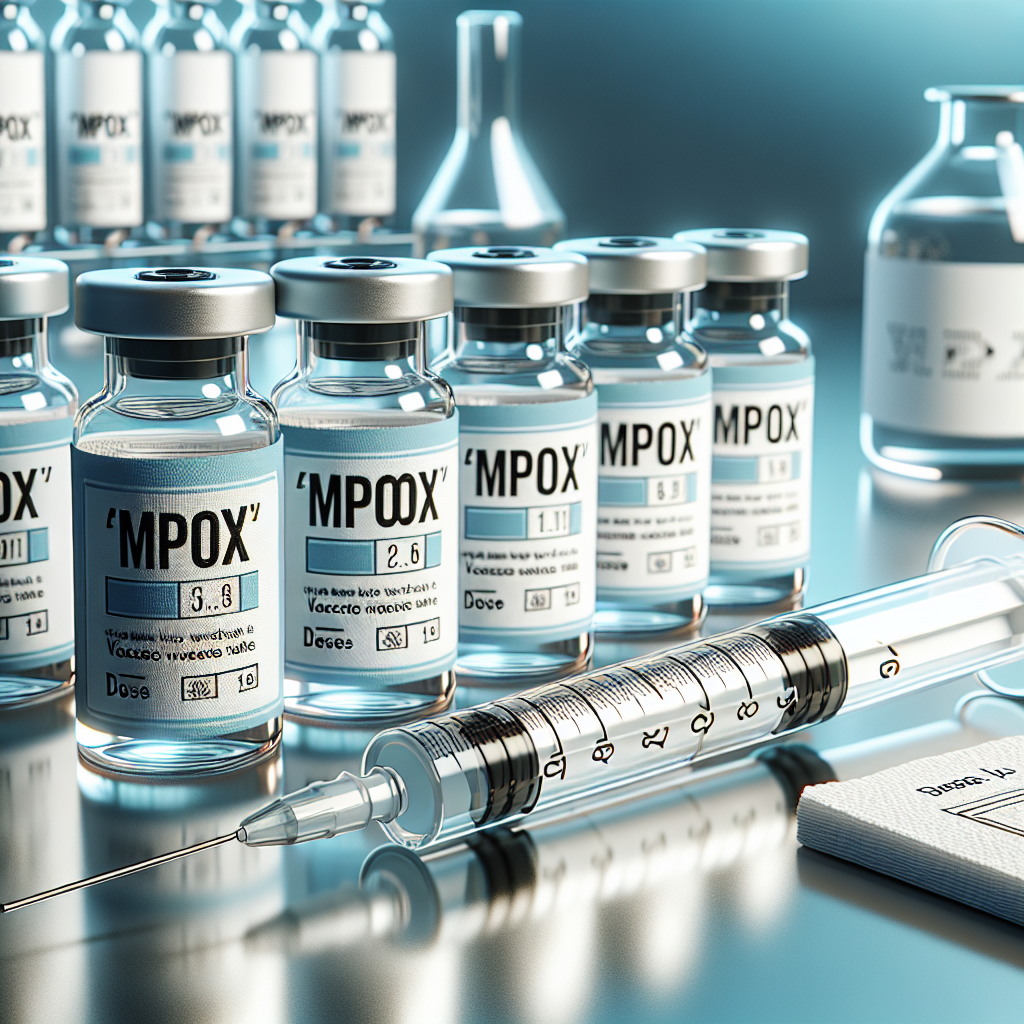The World Health Organization (WHO) has approved the LC16m8 vaccine for Emergency Use Listing (EUL), marking it as the second mpox vaccine endorsed by WHO since the declaration of a public health emergency of international concern (PHEIC) on 14 August 2024. This critical step is expected to improve vaccine accessibility in regions grappling with surging mpox cases.
In 2024, mpox outbreaks have been reported in 80 countries, with 19 of these in Africa. The Democratic Republic of the Congo (DRC) remains the most severely affected, accounting for over 39,000 suspected cases and more than 1,000 deaths by October 31.
To address this crisis, Japan has announced a donation of 3.05 million doses of the LC16m8 vaccine, along with specialized bifurcated needles, to the DRC. This donation represents the largest single vaccine contribution in response to the mpox emergency, aiming to curb the spread in the hardest-hit regions.
The LC16m8 vaccine, developed by Japan’s KM Biologics, is a minimally replicating vaccine administered via a multiple puncture technique using a bifurcated needle. It has been approved for individuals over one year old and is given as a single dose. Notably, the vaccine has demonstrated safety and efficacy in Japan during prior mpox outbreaks, including among people with well-controlled HIV.
The WHO Strategic Advisory Group of Experts (SAGE) on Immunization has recommended its use in outbreak settings, especially for children and individuals at high risk of exposure. However, the vaccine is contraindicated for pregnant individuals and those who are immunocompromised, including individuals with active cancer, transplant recipients, and those with uncontrolled HIV (CD4 count <200 cells/µl).
Comprehensive Response Strategy
Dr. Yukiko Nakatani, WHO Assistant Director-General for Access to Medicines and Health Products, emphasized the vaccine’s importance:“WHO emergency use listing of the LC16m8 vaccine against mpox marks a significant step in our response to the current emergency, providing a new option to protect all populations, including children. Vaccines are one of the important tools to help contain the outbreak as part of a comprehensive response strategy that also includes improved testing and diagnosis, treatment and care, infection prevention control, and engagement and education within affected communities.”
Strengthened Vaccine Safety and Training
On 20 September 2024, the Global Advisory Committee on Vaccine Safety reviewed updated safety data for LC16m8. The committee recommended specialized training for healthcare workers on the proper use of bifurcated needles to prevent injuries and adverse events. WHO has also called for the ongoing collection of vaccine safety and effectiveness data, especially in light of changing epidemiological patterns and emerging virus strains.
Other Vaccines in the Fight Against Mpox
In addition to LC16m8, WHO has prequalified the Modified Vaccinia Ankara-Bavarian Nordic (MVA-BN) vaccine. This vaccine, prequalified on 13 September 2024, received expanded approval for individuals aged 12 years and older on 8 October 2024, broadening its potential use during outbreaks.
Collaborative Efforts for Global Impact
WHO continues to work with vaccine manufacturers, global partners, and countries to ensure equitable access to safe, effective vaccines. The organization’s efforts aim to address the urgent needs of affected populations while building preparedness for future outbreaks.
With over 3 million LC16m8 doses set to reach the DRC and additional measures underway, WHO and its partners are taking decisive steps to contain the mpox outbreak and mitigate its devastating impact on vulnerable communities worldwide.

